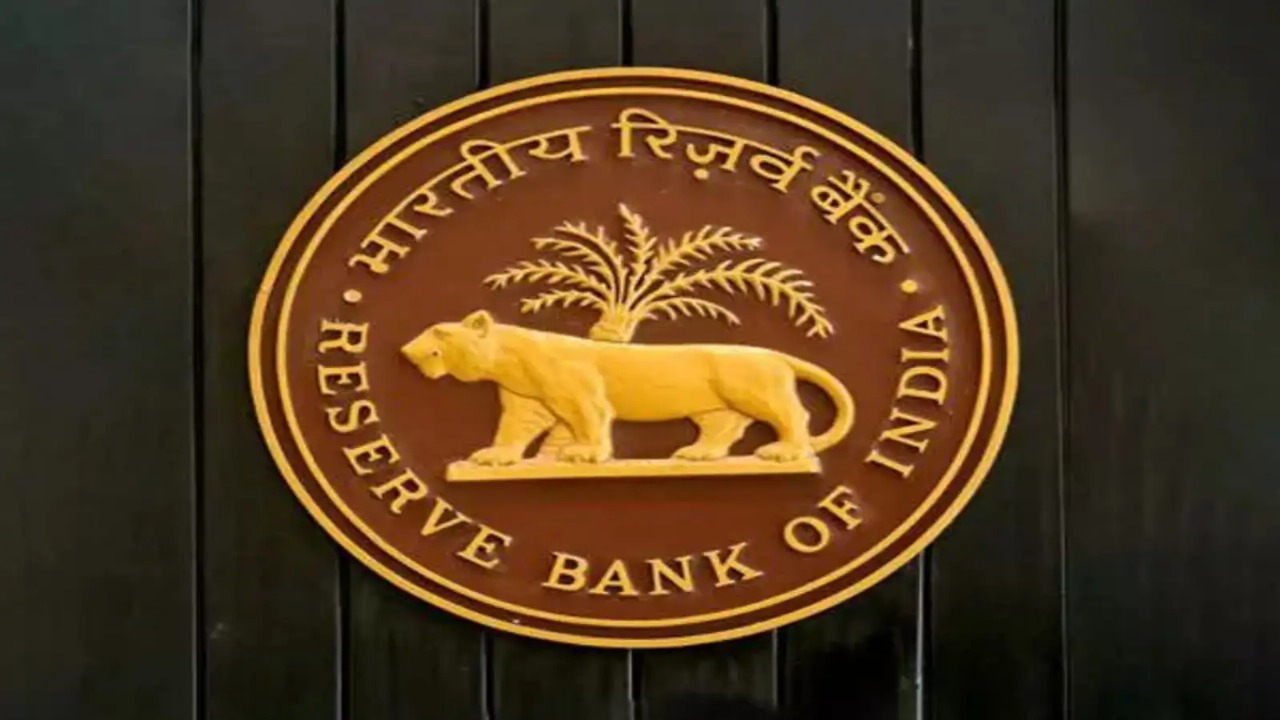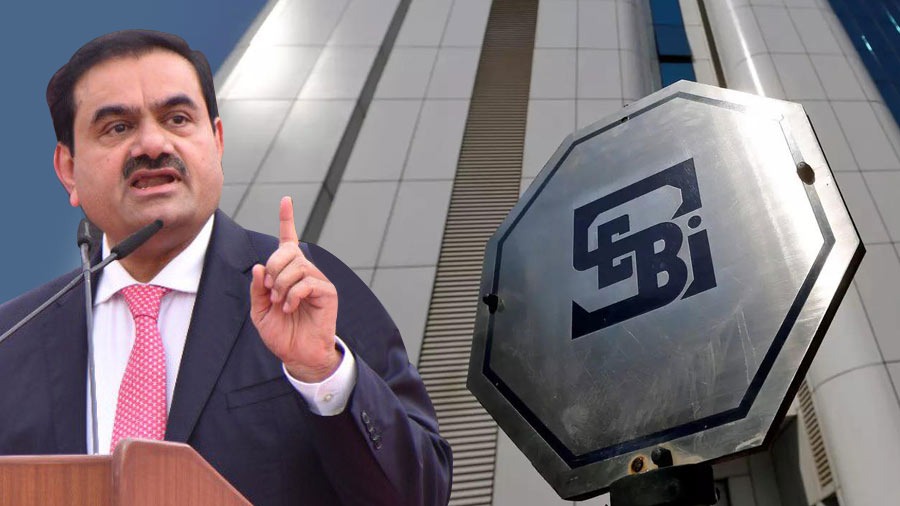
Follow WOWNEWS 24x7 on:

The Reserve Bank of India (RBI) has recently imposed monetary penalties on several cooperative banks, including Ahmedabad Mercantile Cooperative Bank Limited (Ahmedabad), Yavatmal District Central Cooperative Bank Ltd. (Maharashtra), Chandrapur District Central Cooperative Bank Ltd. (Maharashtra), Jalgaon District Central Cooperative Bank Ltd. (Maharashtra), and Bharat Cooperative Bank (Mumbai) Limited. These actions highlight the central bank’s ongoing efforts to enforce compliance, strengthen governance, and maintain stability in the cooperative banking sector.
Key Highlights From RBI’s Monetary Penalty Orders
Ahmedabad Mercantile Cooperative Bank Limited was penalized for non-compliance with RBI directives related to operational and regulatory norms.
Yavatmal District Central Cooperative Bank Ltd., Chandrapur District Central Cooperative Bank Ltd., and Jalgaon District Central Cooperative Bank Ltd.—all based in Maharashtra—faced penalties due to lapses in adherence to banking standards and regulatory requirements.
Bharat Cooperative Bank (Mumbai) Limited was also fined for violations pertaining to regulatory compliances, governance issues, or other directions stipulated by the RBI.
The monetary penalties, while undisclosed in exact amounts, reflect RBI’s strict stance on ensuring cooperative banks follow prescribed operational and prudential norms.
Reasons Behind The Penalties
The RBI regularly audits cooperative banks for compliance with banking regulations, including capital adequacy, asset quality, statutory liquidity ratios, and governance standards. Penalties generally result from:
Non-adherence to RBI circulars or guidelines on operational procedures.
Deficiencies in internal controls and risk management frameworks.
Violation of prudential norms or delays in statutory reporting and disclosures.
Weak corporate governance practices or lapses impacting depositor interests.
Significance For The Cooperative Banking Sector
These enforcement measures serve as a reminder to all cooperative banks about the critical importance of compliance and transparency. The penalties aim to:
Strengthen the financial health and operational discipline of cooperative banks.
Ensure depositor confidence by maintaining regulatory standards.
Deter recurrence of lapses through financial disincentives.
Promote better governance and risk awareness in the sector.
Impact On The Penalized Banks And Stakeholders
Cooperation with RBI during investigations and corrective action plans is essential for banks to regain regulatory trust.
Monetary penalties can impact profitability but are necessary to uphold systemic stability.
Depositors and investors are assured of proactive regulatory oversight safeguarding their interests.
RBI’s Broader Regulatory Focus
The RBI’s actions align with its broader mandate to safeguard the banking system’s soundness, especially in cooperative banks, which serve crucial local community banking needs.
The central bank emphasizes:
Strengthening supervisory frameworks through technology and analytics.
Promoting governance reforms and risk mitigation in the cooperative sector.
Enhancing transparency and accountability among banking entities.
Future Outlook For Cooperative Banks
Cooperative banks are expected to intensify their focus on compliance management, governance reforms, and operational excellence to avoid penalties and build sustainable growth.
Further regulatory tightening and ongoing audits may continue as RBI prioritizes financial sector stability in an evolving economic landscape.
In conclusion, the RBI’s recent monetary penalties on multiple cooperative banks reinforce the regulator’s proactive role in enforcing discipline, protecting depositor interests, and fostering a robust cooperative banking environment in India.
Sources: Reserve Bank of India official statements, Economic Times, Moneycontrol




